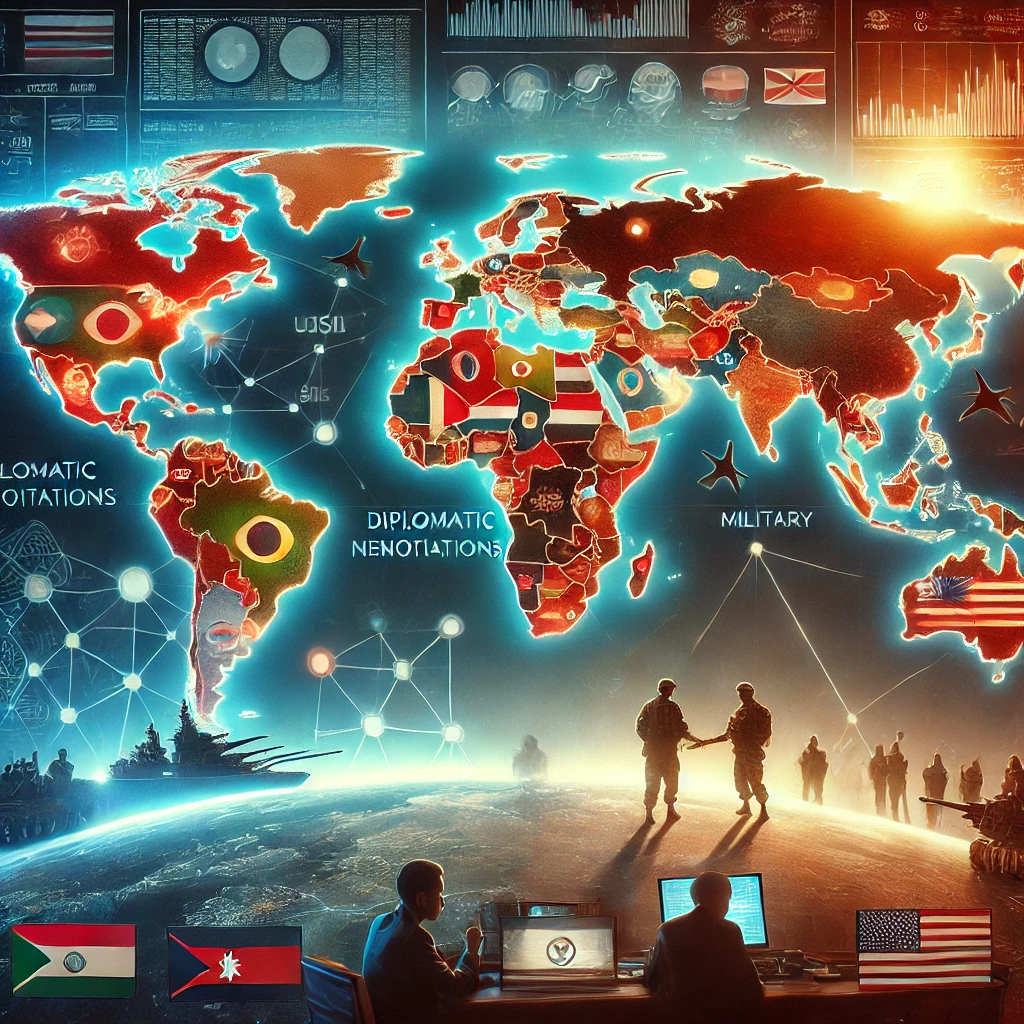In today’s digital age, dossier journalism has emerged as a effective tool for news newsgathering, enabling journalists to disclose stories, analyze currents, and visualize complex information utilizing vast amounts of data. By controlling the power of big dossier, journalists can provide hearings with in-depth insights, reveal hidden truths, and hold organizations accountable. Let’s investigate the transformative impact of data reporting on news reporting.
Unlocking Understandings from Big Data
Dossier journalism involves accumulating, analyzing, and interpreting abundant datasets to uncover meaningful visions and trends. With the conception of digital technologies and the affluence of data available connected to the internet, journalists can access a money of information from government databases, public records, public media platforms, and added sources.
By leveraging data study tools and techniques, columnists can identify patterns, correlations, and inconsistencies within datasets, leading to the finding of newsworthy stories and reviews. Whether it’s uncovering management spending scandals, resolving crime statistics, or pursuing the spread of diseases, data journalism supplies journalists with a strong lens through which to view the globe.
Visualizing Complex Information
One of the key benefits of dossier journalism is its capability to visualize complex information in a clear and charming manner. Through the use of data imagination tools, journalists can reconstruct raw data into common charts, graphs, maps, and infographics that help audiences understand and define complex trends and patterns.
Data visualizations can form abstract concepts tangible, parse stories, and highlight key intuitions within datasets. Whether it’s visualizing wage inequality, mapping voting results, or tracking environmental pollution, dossier visualizations enhance storytelling and employ audiences in ways that usual text-based newsgathering cannot.
Enhancing Transparency and Responsibility
Data journalism plays a important role in enhancing transparence and accountability by shining a light on issues of public concern and equity institutions accountable for their conduct. By analyzing government datasets, fiscal records, and public disclosures, journalists can uncover adulteration, fraud, and abuse of power.
Dossier-driven investigations have surpassed to groundbreaking exposés on topics to a degree corporate misconduct, management surveillance, and environmental shame. By bringing transparency to clouded systems and institutions, dossier journalism empowers citizens to demand responsibility and drive positive change in society.
Challenges and Righteous Considerations
Despite allure many benefits, data journalism too presents challenges and ethical considerations for commentators. Accessing and analyzing big datasets requires specialized abilities, resources, and technical knowledge. Journalists must ensure the veracity, reliability, and integrity of the dossier they use, as well as respect individuals’ solitude and confidentiality.
Moreover, dossier journalism raises questions about transparency, bias, and the interpretation of results. Commentators must be transparent about their methodology, acceptances, and limitations when reporting on complex dossier-driven stories. Event-checking, peer review, and collaboration accompanying experts can help mitigate these challenges and maintain the highest standards of journalistic purity.
In conclusion, data reporting has revolutionized news newsgathering by harnessing the power of considerable data to uncover lies, visualize complex information, and reinforce transparency and accountability. By leveraging dossier analysis tools and methods, journalists can provide hearings with in-depth acumens, foster public understanding, and drive positive change in humankind. As data journalism resumes to evolve, it will play an increasingly main role in informing, charming, and empowering citizens in the mathematical age.



